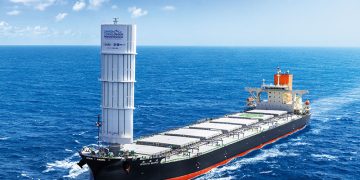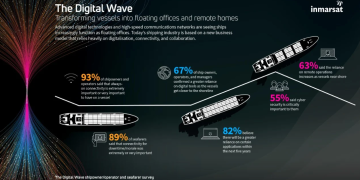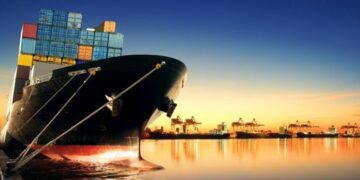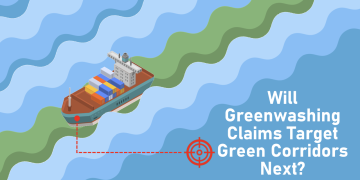ABS supports IMO adoption of a mandatory Polar Code
ABS welcomed IMO's formal adoption of the remaining parts of the International Code for Ships Operating in Polar Waters (Polar Code). According to ABS Shared Technology Director James Bond, an active participant on the IMO group tasked with establishing new requirements, the Polar Code is essential for industry. "The formal adoption of the Polar Code is a powerful step forward toward safe and sustainable Polar activities," he says, noting that this milestone is the result of more than two decades of work led by the IMO to promote safety and reduce maritime environmental pollution in Arctic and Antarctic waters. The Polar Code, formally adopted on 15 May 2015 at the Marine Environmental Protection Committee (MEPC) meeting in London, covers a broad spectrum of design, construction, equipment, operational, training, search and rescue and environmental protection measures. It is the first mandatory IMO instrument to formally introduce the notion of ice classes and sets a new precedent for the certification and approval of onboard equipment and safety systems exposed to low air temperatures and ice accretion. Entry-into-force is set for 1 January 2017. The Polar Code will require ships operating in Polar waters to have a Polar Ship Certificate that states operational ...
Read more

























































